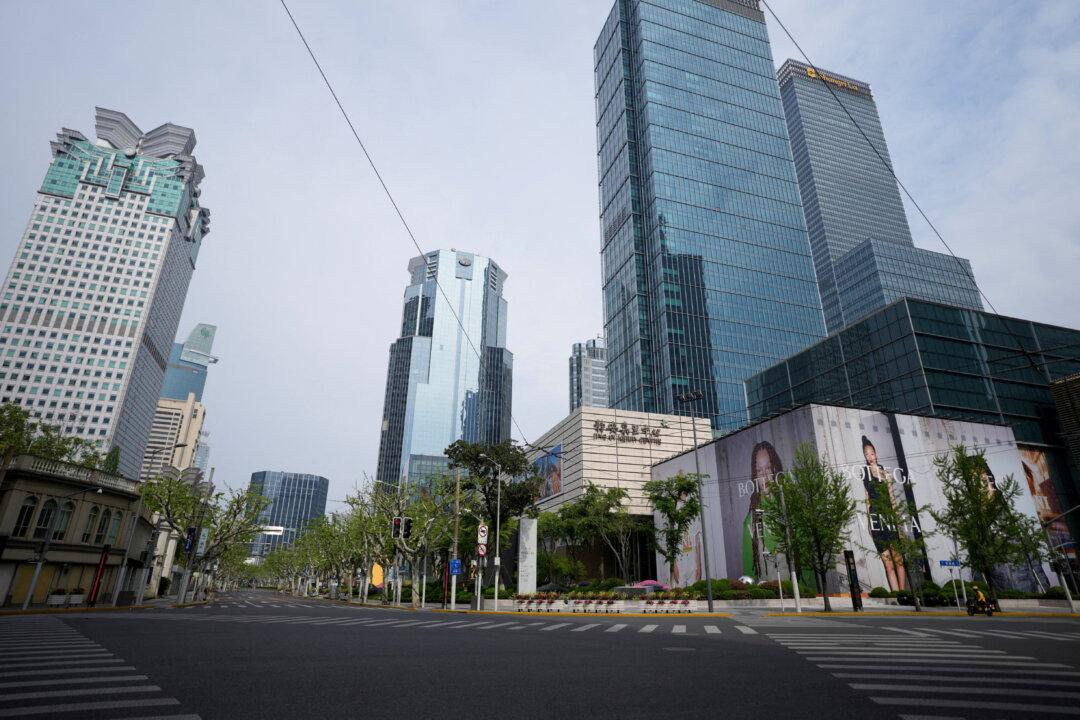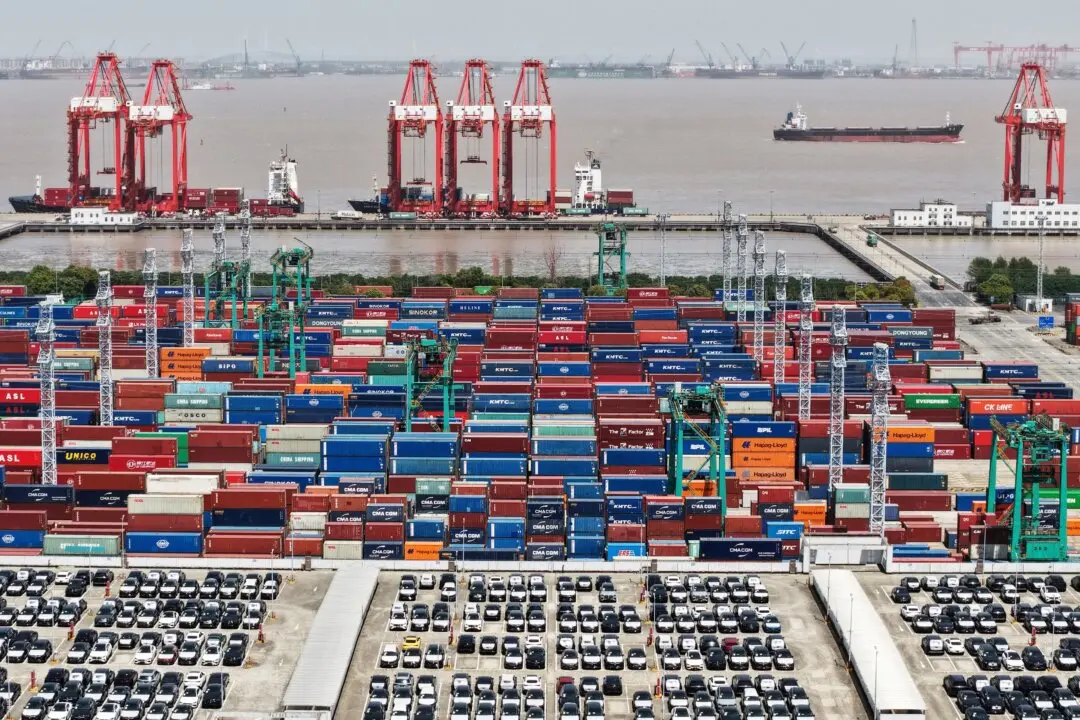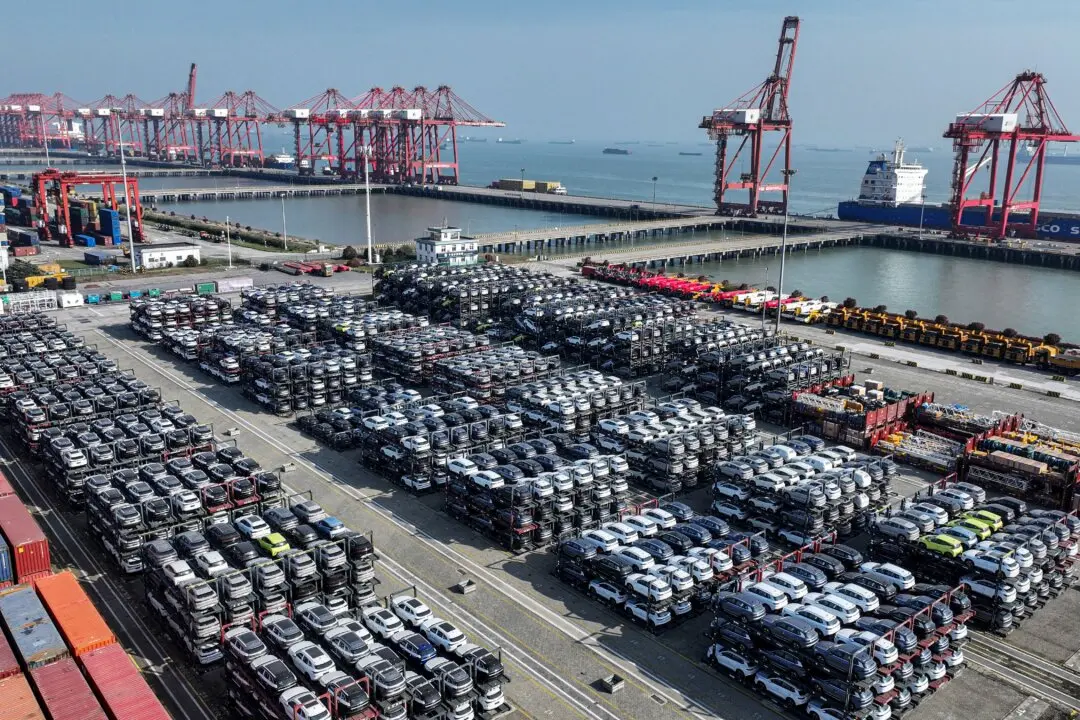Commentary
As the old saying has it, “nothing lasts forever.” This truth is beginning to dawn in China. Rising costs, abusive policies, and, more recently, COVID-19 and war sanctions have prompted Japan and the West to rethink China’s exposure. Money is flowing elsewhere. Beijing would have to change much to bring back the former flood of money and interest.





